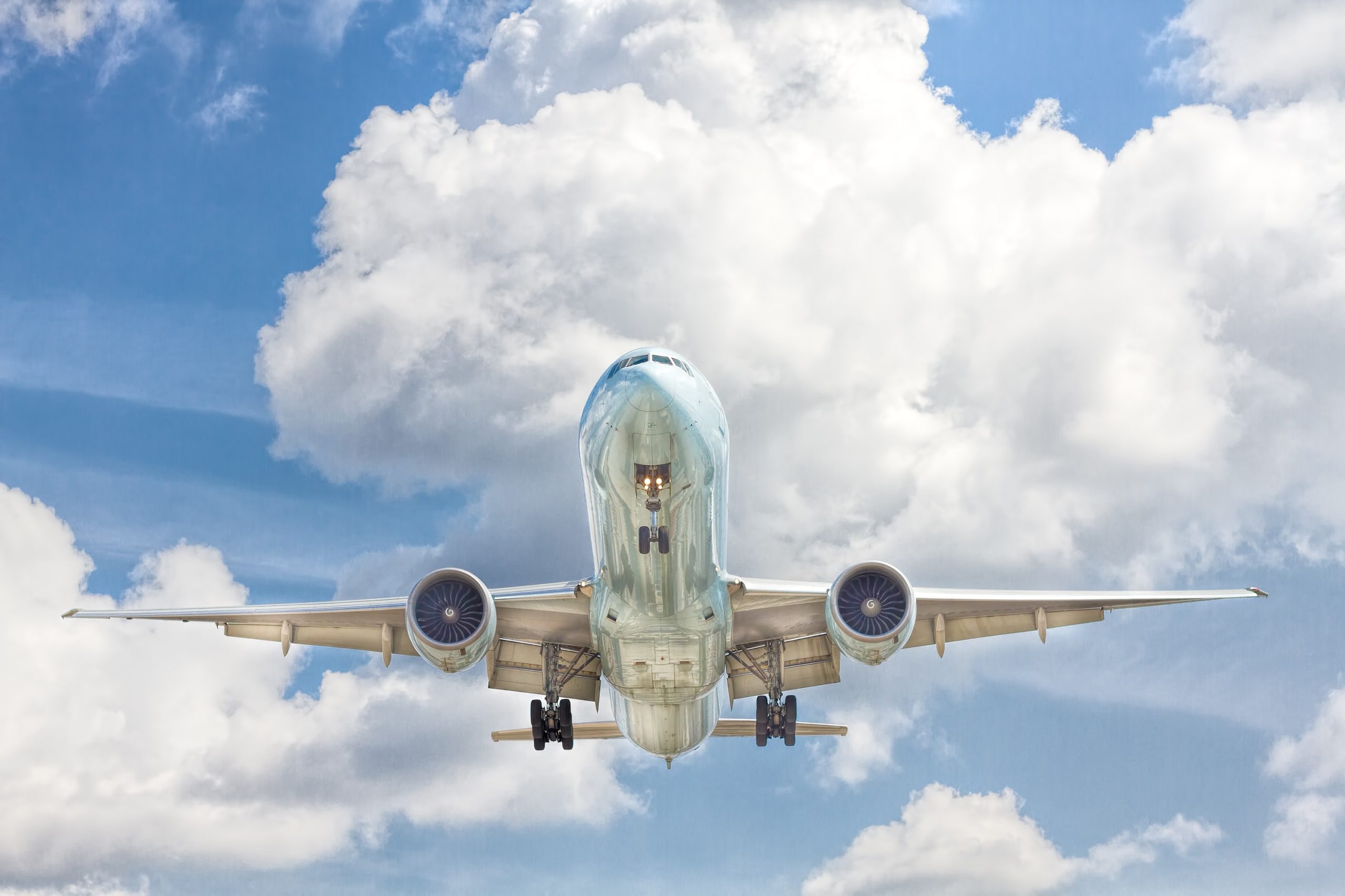
Measures to Curb the Climate Change Impacts of Aviation
Joint NGO position paper on measures to curb the climate change impacts of aviation.
Climate policy for aviation: seven ‘golden rules’
We can define seven golden rules for climate policy for aviation. It should:
- Incorporate environmental objectives in line with current (Kyoto -8% by 2010 from 1990) and future (i.e. -30% in EU by 2020 from 1990) EU climate targets;
- Recognise that aviation is a sheltered sector, and hence be more ambitious than climate policy for ‘exposed’ sectors;
- Cover the full climate impact of aviation, as CO2 accounts for just 25-50%;
- Encompass the widest possible geographical scope. Namely: emissions in EU airspace plus the remaining emissions from flights departing the EU to third countries;
- Comply with the ‘polluter pays’ principle (i.e. all emissions should be paid for) and thereby help to create ‘double dividends’ whereby revenues can be used to reduce labour taxes or boost innovation;
- Help to correct historic tax exemptions;
- Significantly reduce the EU’s oil dependence.
Conclusions: a comprehensive policy-mix
- A package of measures at EU and national level will be required to tackle all impacts of aviation on the climate and fulfil the ‘golden rules’ (above);
- En-route emission charges as well as kerosene taxation and emissions trading can have a role to play as cost-effective instruments to internalise CO2 and / or NOx emissions;
- Implementation of EU-wide measures is of particular importance, and these should be guided by the above principles and rules;
- Airport NOX charges are a necessary complementary instrument;
- The VAT exemption needs to be ended immediately, for example with a ticket tax;
- An overhaul of Air Traffic Management is needed to tackle formation of contrails and cirrus clouds.
